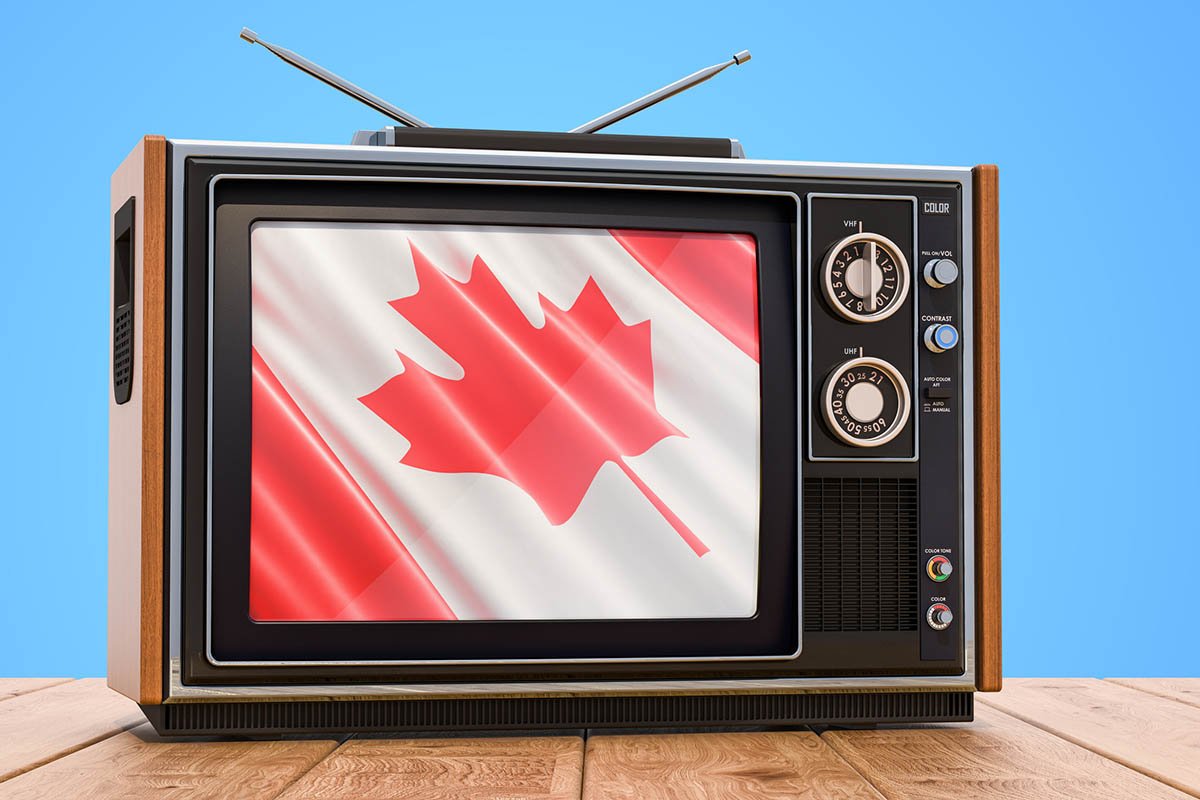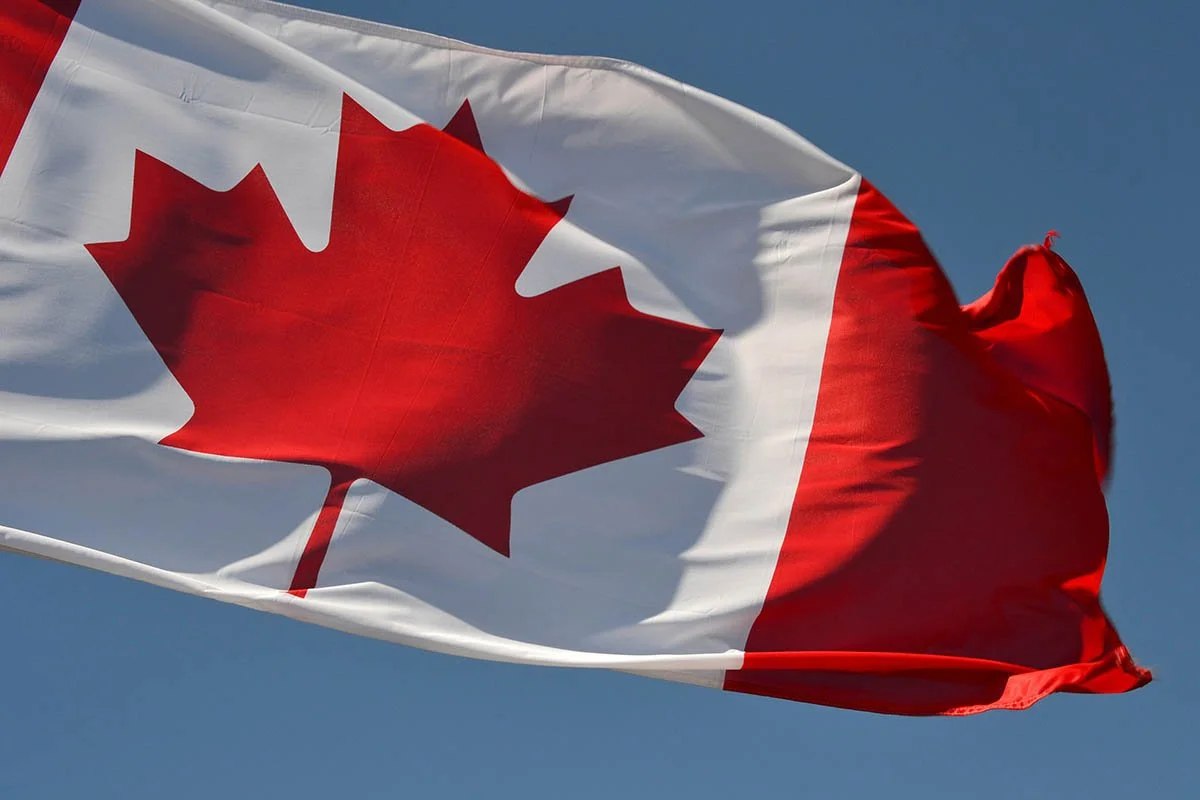More trade uncertainty as U.S. courts block, then reinstate tariffs
ISTOCK PHOTO
Trade uncertainty continues to loom over Canadian businesses and global markets as a U.S. federal appeals court on Thursday temporarily reinstated sweeping tariffs imposed by President Donald Trump — including duties targeting Canadian goods. The move came just one day after a lower court blocked the tariffs, calling them unconstitutional.
The United States Court of Appeals for the Federal Circuit issued a stay on the U.S. Court of International Trade's ruling, allowing the tariffs to remain in place while it reviews the U.S. administration’s appeal. The appeals court has set a June 5 deadline for plaintiffs to respond, with a June 9 deadline for the administration’s brief.
Prior to the appeal taking effect, Derek Holt, Scotiabank’s Vice-President and Head of Capital Markets Economics, said the tariff rate on Canadian total exports dropped by 1.2 percentage points to 2.6% because of the decision. “This would be a massive de-escalation from the peak tariff rates that Trump’s earlier actions had imposed.”
With the original ruling, Canadian exporters could’ve found faster access to U.S. markets and reduced costs for cross-border trade.
“If this ruling sticks and depending upon the course of actions from here, then the risk of recession in the U.S. and Canada has been sharply reduced.”
He also warned against oversteering on fiscal policy in light of these developments: “If this is a real de-escalation of tariff wars that is being triggered by the U.S. courts and it sticks, then it could be impactful to other policy debates. For instance, the Carney administration in Canada may be at risk of overdoing it on fiscal policy. If so, then it’s added reason for the Bank of Canada to sit on its hands for now and merely observe,” Holt said.
Despite the temporary win for Canadian exporters, Holt warned that the ruling doesn’t mark the end of the U.S. tariff era. Trump had used multiple legal tools to impose tariffs while bypassing Congress, with IEEPA being just one of them. “He has used other measures and that means some key tariffs will stick.”
Tariffs on steel, aluminum, autos, and other goods remain intact under provisions like Section 232 and Section 301, which were not affected by the ruling.
Holt warned the ruling might trigger a reactive strategy by the Trump White House or a future administration to simply shift the legal basis for tariffs. “The problem with this approach is that it could turn into a game of tariff whack-a-mole; as soon as they convert from IEEPA tariffs to use some other tool, another court could issue another ruling against that other tool and so on.”






